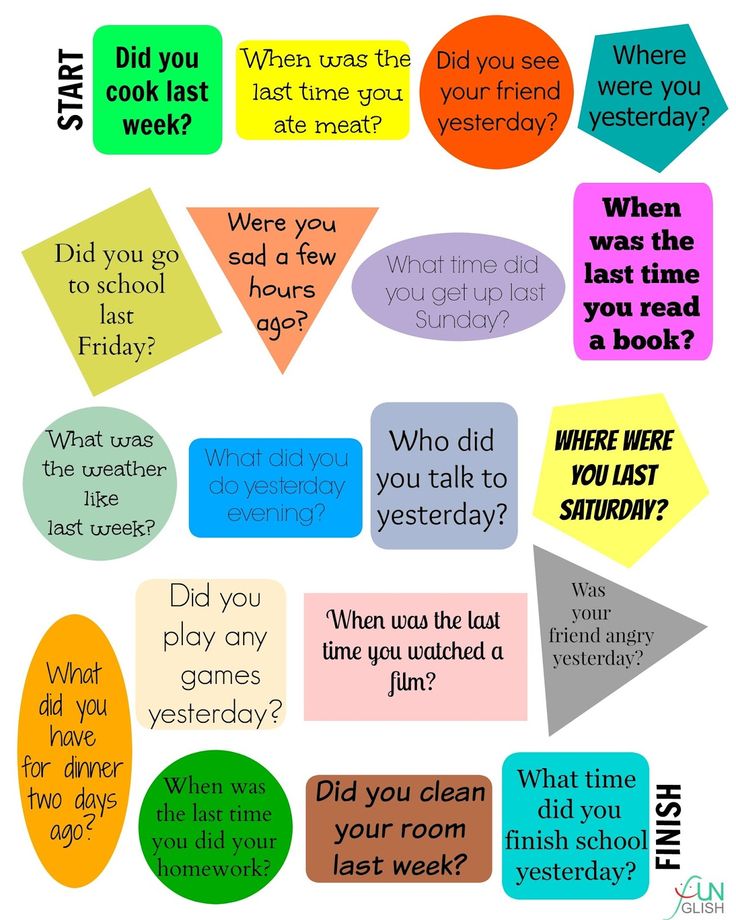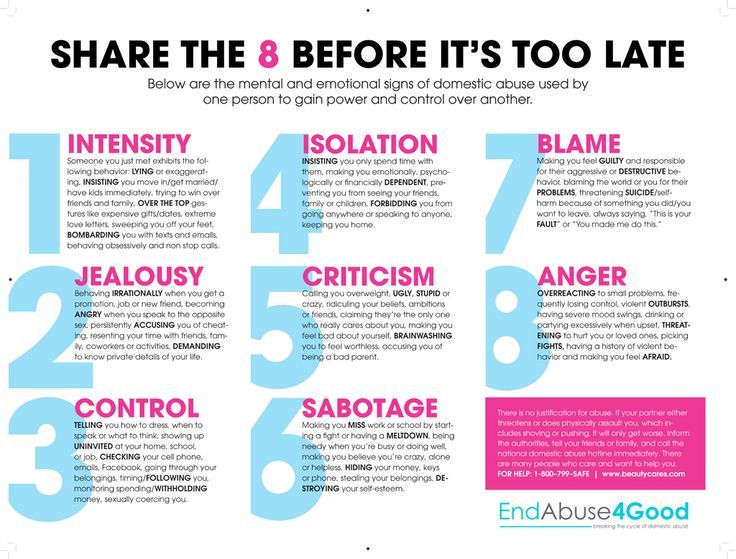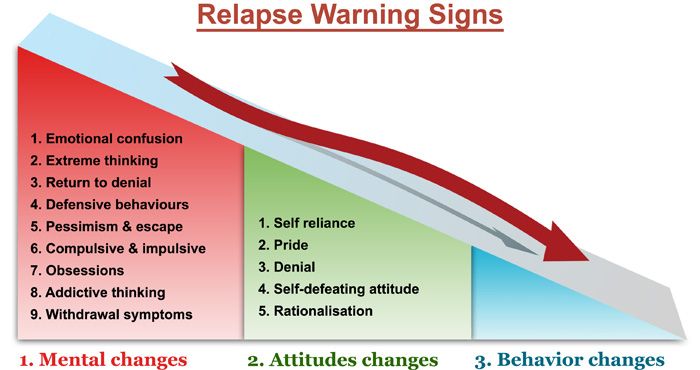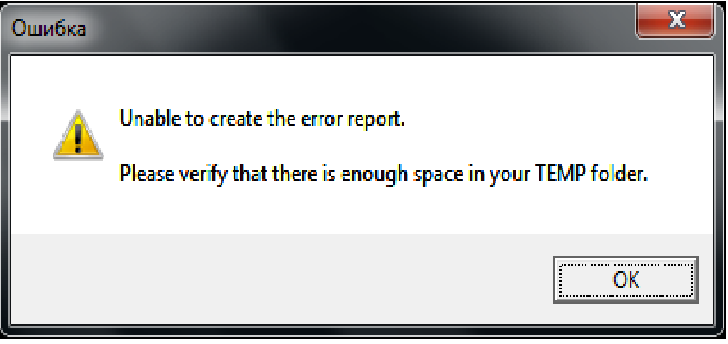Can panic attacks make you faint
Can a Panic Attack Cause Fainting
Anxiety and panic cause a lot of frightening symptoms. Some of those symptoms cause people to fear that it's not anxiety at all – that it’s something more serious that may require medical attention. It's not uncommon during a panic attack to experience feeling faint, and if they get too severe it may even lead to severe health fears.
Can panic attacks cause fainting? And why does this occur? We explore these questions in this article.
The Effects of Panic
The unfortunate reality is that only a doctor can actually diagnose the cause of your fainting, and diagnosing yourself online is risky. Talk to your doctor, but note that anxiety and panic absolutely are a common cause of feeling faint.
It is very, very rare for panic attacks to cause true fainting. Panic attack fainting does occur, and there are stories of it happening to some people that experience a truly severe panic attack, but the likelihood is very slim. If you are truly fainting and blacking out, make sure you talk to a doctor.
Again, panic attacks can cause fainting. Extreme stress has been known to cause fainting in some people. Panic attacks caused by phobias absolutely can cause fainting, though these are slightly different than traditional panic attacks that affect those with panic disorder. There are issues that can lead to fainting. It's just very rare for those that have panic attacks to reach that point.
What Causes Fainting – or Feelings of Faint
With that in mind, let's discuss many of the issues that can lead to either fainting or more realistically, feeling you're going to faint. While fainting may be rare, feeling like you're about to faint is incredibly common. In fact, lightheadedness, dizziness, and weakness (all what you feel when you're about to faint) are extremely common symptoms of panic attacks, so much so that those that don't know they're having a panic attack may think that they're in the process of a heart attack, or worse, feeling as though fainting is imminent. What causes this feeling can be complicated, but the most common causes are:
What causes this feeling can be complicated, but the most common causes are:
- Hyperventilation The most common reason for feelings of faint is hyperventilation, and although hyperventilation can cause fainting, it generally doesn't do it when you have anxiety. Hyperventilation comes from breathing too quickly or too inefficiently and breathing out too much carbon dioxide. Hyperventilation constricts blood vessels, including those to your brain, which in turn causes you to feel light headed, weaker, and more. This is the number one reason that people feel faint during anxiety attacks.
- Adrenaline Adrenaline itself doesn't necessarily create lightheadedness and fainting, but it does increase the heart rate, cause tunnel vision, and can make the body feel like it's on air. Adrenaline is responsible for anxiety itself, and some of the symptoms of adrenaline rushes combined with severe fear can make it feel like you're about to pass out.
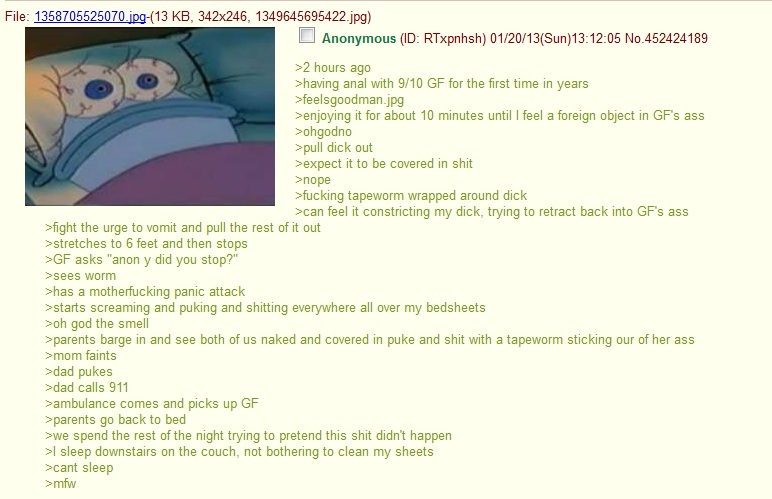
- Brain Shutdown Anxiety and panic overwhelm the brain. During a panic attack, some parts of your brain actually shut down (or slow), while others go into full coping mode. It's possible that during this process, your mind isn't working properly, which could in theory lead to symptoms that mimic what precedes fainting.
- Sensitivity It's also important to note that symptom of panic attacks is an increased sensitivity to physical sensations. Those with panic disorder have a tendency to feel symptoms more strongly than those without panic disorder. For example, when someone without anxiety stands up too fast and gets light headed they shrug it off and it goes away. When someone with anxiety gets the same lightheadedness, the feeling is amplified, and often triggers further anxiety which triggers further panic.
These are the reasons that it often feels like you're about to faint during a panic attack, and in rare cases these are the issues that could actually lead to faint.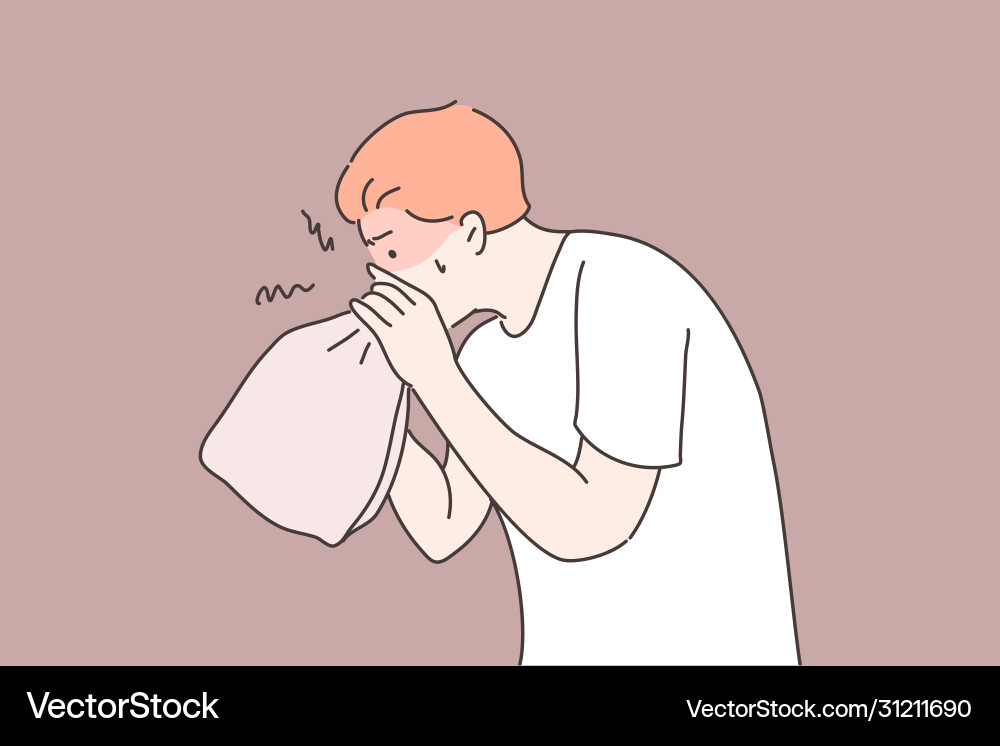 But in general, they simply cause severe physical symptoms that mimic near-fainting, which is why so many people worry about whether or not they are going to faint in the future.
But in general, they simply cause severe physical symptoms that mimic near-fainting, which is why so many people worry about whether or not they are going to faint in the future.
How to Stop the Fainting
Once a panic attack has started, it does become much harder to control. The best thing you can do is make sure that you're breathing correctly to reduce the symptoms of hyperventilation. Remember, hyperventilation is too little CO2, not too little oxygen as it sometimes feels, so fight the urge to take fast deep breaths. At the same time, don't hold your breath as this can lead to a rapid change in blood pressure that may contribute to further symptoms. Instead, slow down your breathing dramatically:
- Breathe in for 5 seconds.
- Hold for 2 or 3 seconds.
- Breathe out for 7 seconds.
Slowing down your breathing ensures that you get both enough oxygen and enough carbon dioxide. It won't stop all of the symptoms of hyperventilation – once they've started they don't clear right away – but it will give you an opportunity to at least cut back on some of those symptoms so that they do not get worse.
You'll also want to take steps towards decreasing the severity and frequency of your anxiety attacks, since panic attack fainting is easier to prevent than it is to stop once it's started.
See our articles on how to deal and cope with anxiety, alongside CBT techniques on stopping panic attacks before they start.
Summary:
Fainting can happen with anxiety, though it is a bit rarer with panic attacks. Typically, those that feel faint or experience faint during panic attacks do so as the result of hyperventilation, rapid adrenaline, or vasovagal syncope. Controlled breathing will help any hyperventilation issues, while anxiety reduction will prevent this feeling from recurring.
Was this article helpful?
- Yes
- No
Floating with Panic - Anxiety Canada
A panic attack is a sudden rush of intense fear or discomfort, which reaches a peak within 10 minutes, and includes at least 4 of the following physical sensations or thoughts:
- Racing or pounding heart
- Sweating
- Shaking or trembling
- Shortness of breath or feelings of being smothered
- Feeling of choking
- Chest pain or discomfort
- Chills or hot flashes
- Nausea or upset stomach
- Dizziness or lightheadedness
- A sense of things being unreal or feeling detached from oneself (derealization)
- Numbness or tingling sensations
- Fear of losing control or “going crazy”
- Fear of dying
1 Panic attacks will lead to fainting: Fainting is caused by a sudden and significant drop in blood pressure.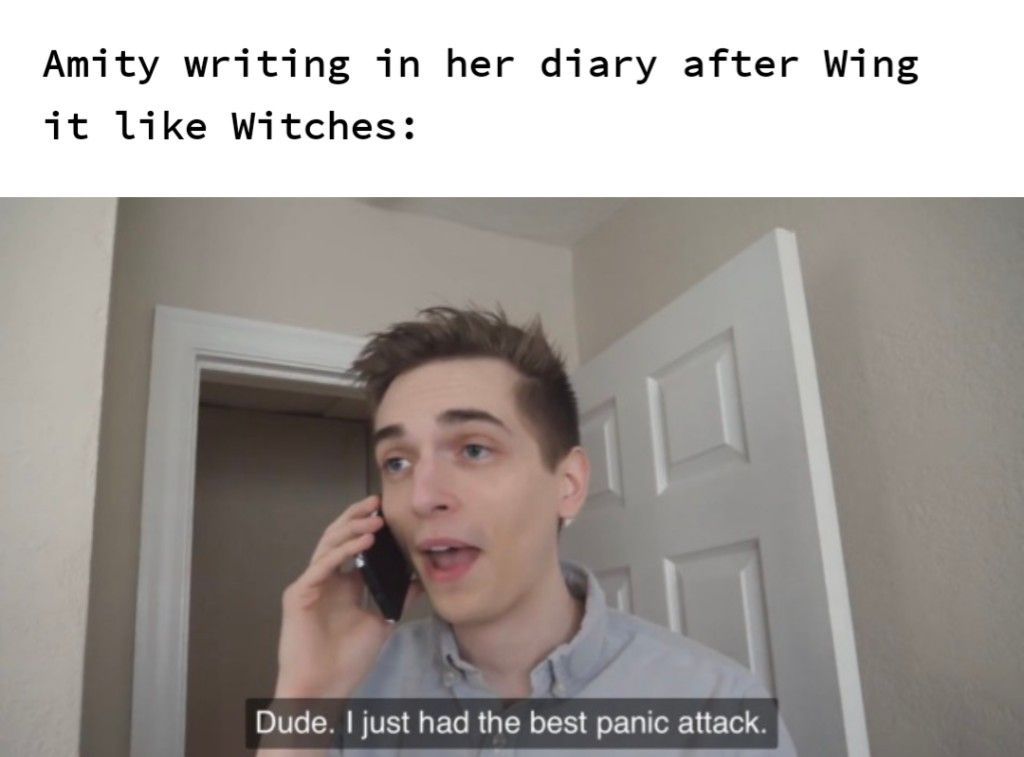 When you’re anxious, your blood pressure rises. So, it’s extremely unlikely that you will faint when you have a panic attack.
When you’re anxious, your blood pressure rises. So, it’s extremely unlikely that you will faint when you have a panic attack.
2. Panic attacks will cause me to lose control: Although it can feel like you are out of control, you are still behaving in ways that show you are in control when you have a panic attack (e.g. asking to take a break and leaving the classroom or walking to the exit at the movies).
3. Panic attacks will cause me to go crazy: Panic attacks do not cause people to go crazy. No one has ever gone crazy from experiencing a panic attack. Never. Ever!
4. Panic attacks are really a heart attack in disguise: You are not having a heart attack. The chest pain you experience during a panic attack is the result of muscle tension (which is part of the “fight-flight-freeze” response). You are not going to suffocate. The feeling of not getting enough air is due to shallow breathing. You are still getting enough air to live.
You are still getting enough air to live.
What to Know About Panic Attacks
- A panic attack won’t last for long, and it WILL end! Most panic attacks last about 2 -10 minutes at most, and it will pass.
- They’re not harmful, even though they might feel scary.
- A panic attack is the body’s way of doing the right thing at the wrong time. Think of it as a false alarm. Remember the F3 system? Fight-Flight-Freeze. We need our body to do this to protect us from danger, or alert us to important things. Unfortunately, it is not dangerous to be sitting in math class so having our F3 system kick into gear is not helpful!
- A panic attack is a list of symptoms just like a headache is a list of symptoms. These symptoms are NOT dangerous, just annoying and unpleasant.
- It is helpful to remember that you can cope and function during a panic attack.
- If you need to, you can exit the room without anyone having to know you are having a panic attack.
- You can remind yourself that your F3 system has kicked into gear at the wrong time, and that this is just a false alarm- annoying but harmless.
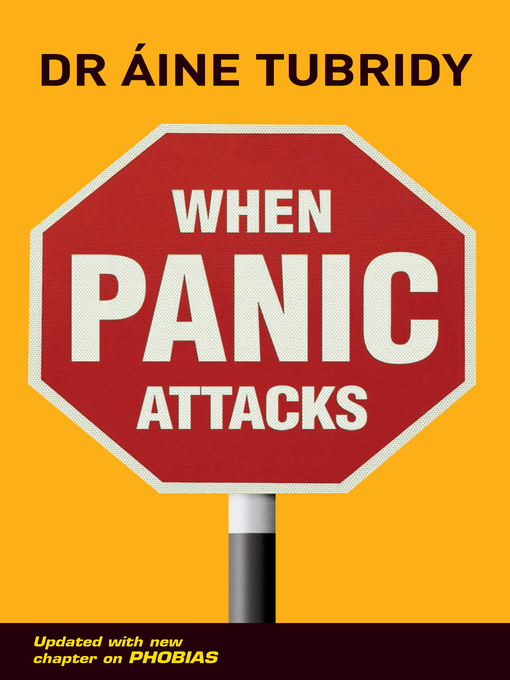
- Your F3 surges or attacks always end without anything bad or dangerous happening to you. ALWAYS!
- Make a power play!
- Tell those panic worries to GET LOST and take back your life!
- Remind yourself “I can manage a panic attack. I’ve had them before and I survived!”
- And if you have the courage- tell that panic attack, “Bring in on!I can cope!”
The following list includes a variety of effective tools you can use to reduce the frequency and intensity of your panic attacks.
- Anticipatory Anxiety
- Avoidance
- Fight-Flight-Freeze
- Learning to Relax: Calm Breathing
- Learning to Relax: Muscle Relaxation
- Balanced Thinking
- Cognitive Coping Cards
- Panic Attack Exposures
- Facing My Fears
Panic attacks
Most often, during a panic attack, people are afraid that something terrible can happen to them at the time of the attack or after it. Sometimes it seems that a sudden fear may never leave. But there are words, having comprehended and pronouncing which you will learn to calm yourself.
Sometimes it seems that a sudden fear may never leave. But there are words, having comprehended and pronouncing which you will learn to calm yourself.
- Fear of dying from a heart attack, stroke, cancer, lack of air, food going down the wrong throat, etc. Fear that a person is ill with something incurable.
- Fear of going insane, going to a psychiatric hospital, losing control, hurting yourself or others.
- Fear of fainting, losing consciousness, losing control of the body.
- Fear that the symptoms of excitement will be noticed by others, which will lead to shame, a change in attitude towards the person.
For each of these topics, the right words are needed. Depending on the topic of fears, the texts that you need to say to yourself change somewhat. It is very desirable to comprehend them, to learn by heart, and then they can be a very good help to remove attacks of fear and panic.
For fear of heart attack or stroke:
“I am physically healthy. Everything that happens to me is just the body experiencing the emotion of anxiety, and for him it is no different from the excitement of the exam. Yes, the heart beats rapidly, and the pressure may have increased slightly, but this is normal for a state when the body is in psycho-emotional arousal or receives physical activity. I have a healthy enough heart and blood vessels to withstand these loads. After all, I can easily climb to the third floor, and these states are not a greater burden for the body. Medical examinations confirm that I am healthy (you must have been examined, most likely more than once). Problems in the heart and blood vessels that could lead to something bad develop slowly, so they cannot be missed. My problem is anxiety, neurosis, not the body. When a person experiences fear, anxiety, his brain should have a topic for concern, so my brain came up with a heart attack or stroke. After all, when I am calm, I believe much less that something can happen to me.
Everything that happens to me is just the body experiencing the emotion of anxiety, and for him it is no different from the excitement of the exam. Yes, the heart beats rapidly, and the pressure may have increased slightly, but this is normal for a state when the body is in psycho-emotional arousal or receives physical activity. I have a healthy enough heart and blood vessels to withstand these loads. After all, I can easily climb to the third floor, and these states are not a greater burden for the body. Medical examinations confirm that I am healthy (you must have been examined, most likely more than once). Problems in the heart and blood vessels that could lead to something bad develop slowly, so they cannot be missed. My problem is anxiety, neurosis, not the body. When a person experiences fear, anxiety, his brain should have a topic for concern, so my brain came up with a heart attack or stroke. After all, when I am calm, I believe much less that something can happen to me.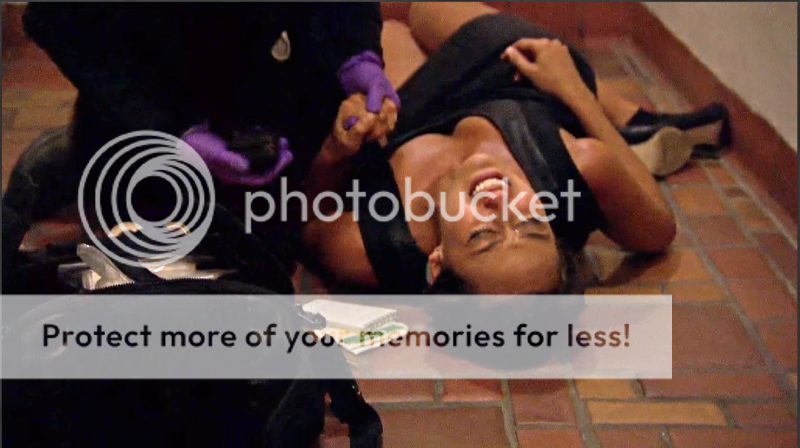 It's all just strong emotions. They will pass. No emotion can last forever. I have experienced this many times, and the state of panic has always ended without any consequences for my body. I will calm down and everything will pass.
It's all just strong emotions. They will pass. No emotion can last forever. I have experienced this many times, and the state of panic has always ended without any consequences for my body. I will calm down and everything will pass.
For fear of going crazy:
“I am mentally healthy. No madness threatens me. No crazy person is worried about going crazy. I don't have any hereditary predisposition, there are no symptoms of a lunatic. Everything that exists fits into the clinic of a neurotic state. Yes, a healthy person should not have such thoughts and sensations, but this does not make me sick, who does not control what he does. It's just a neurosis. A consultation with a psychiatrist/psychotherapist confirmed this. Neurosis never turns into psychosis (madness is when there are hallucinations and delusions). Yes, I don't have much control over the appearance of these thoughts, but I have complete control over everything I do and say. I will never do anything that is contrary to my desires and values.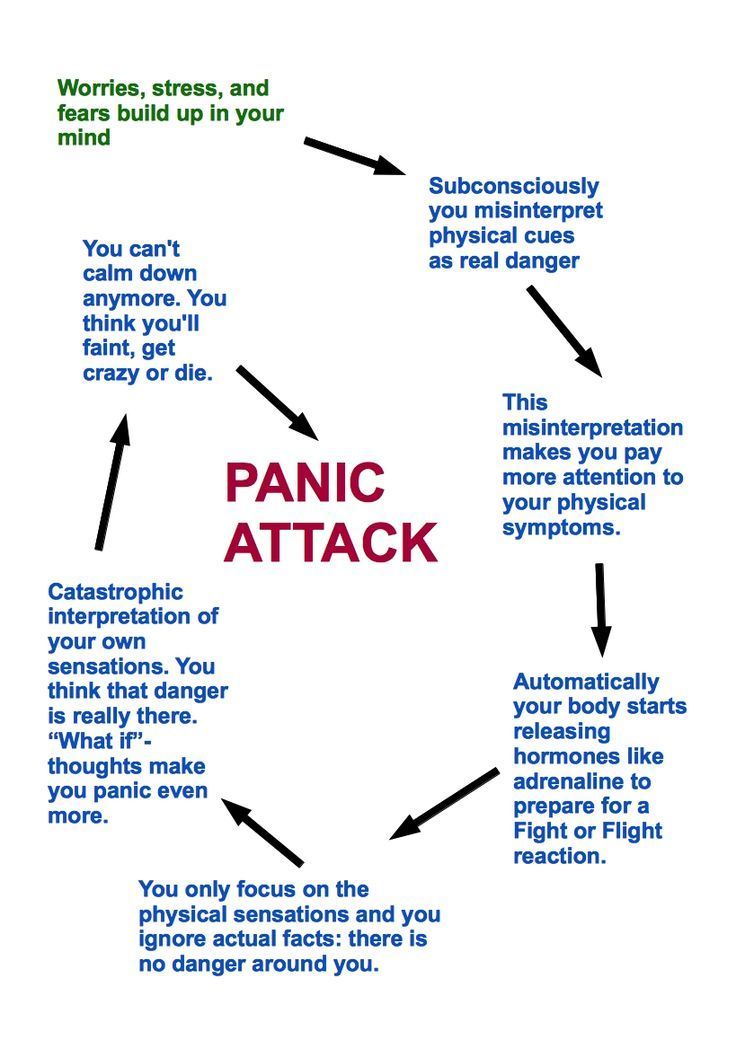 My problem is anxiety, neurosis, and not biochemical or organic changes in the brain, without which there is no psychosis. When a person experiences fear, anxiety, his brain should have a topic for concern, so my brain came up with loss of control and insanity. After all, when I am calm, I believe much less that something can happen to me. It's all just strong emotions. They will pass, no emotion can last forever. I have experienced this many times already, and the state of panic has always ended without any consequences for my psyche. I will calm down and everything will pass.
My problem is anxiety, neurosis, and not biochemical or organic changes in the brain, without which there is no psychosis. When a person experiences fear, anxiety, his brain should have a topic for concern, so my brain came up with loss of control and insanity. After all, when I am calm, I believe much less that something can happen to me. It's all just strong emotions. They will pass, no emotion can last forever. I have experienced this many times already, and the state of panic has always ended without any consequences for my psyche. I will calm down and everything will pass.
For fear of losing consciousness, fainting:
“In order for a person to lose consciousness, his blood pressure must drop sharply or the concentration of glucose in the blood should drop. And with a panic attack, the opposite happens: the pressure rises, glucose too. The state that I will experience is designed to make a person run away or attack, not to pass out. It is only in cartoons that hares can be seen to faint in a threatened situation.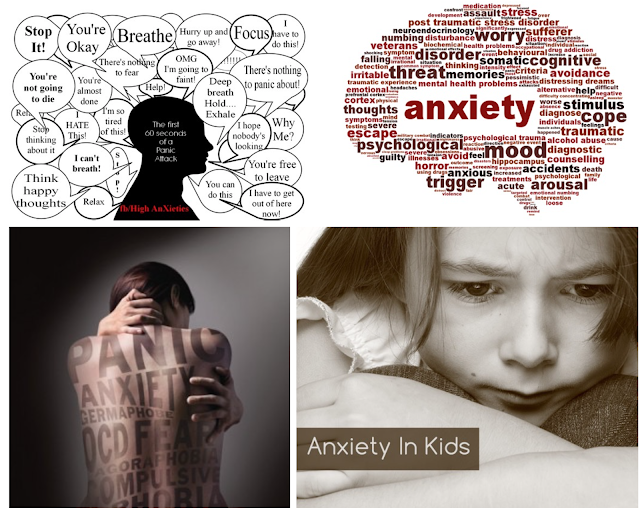 In reality, they freeze or run away. I experience a feeling of weakness, dizziness, as some of the vessels of the brain have narrowed in me. This is how it should happen in a state of stress, because the body needs to redistribute blood from the internal organs to the muscles. He thinks that there is a danger, and prepares me for physical activity. Yes, the sensations of weakness and dizziness are real, but they are only sensations and do not mean that I am about to fall. No one has ever fainted in a fit of panic. Yes, and I also experienced it many times and never lost consciousness. When a person experiences fear, anxiety, his brain should have a topic for concern, so my brain came up with loss of consciousness and fainting. After all, when I am calm, I believe much less that something can happen to me. It's all just strong emotions. They will pass. No emotion can last forever. I have experienced this many times already, and the state of panic has always ended without any consequences for me.
In reality, they freeze or run away. I experience a feeling of weakness, dizziness, as some of the vessels of the brain have narrowed in me. This is how it should happen in a state of stress, because the body needs to redistribute blood from the internal organs to the muscles. He thinks that there is a danger, and prepares me for physical activity. Yes, the sensations of weakness and dizziness are real, but they are only sensations and do not mean that I am about to fall. No one has ever fainted in a fit of panic. Yes, and I also experienced it many times and never lost consciousness. When a person experiences fear, anxiety, his brain should have a topic for concern, so my brain came up with loss of consciousness and fainting. After all, when I am calm, I believe much less that something can happen to me. It's all just strong emotions. They will pass. No emotion can last forever. I have experienced this many times already, and the state of panic has always ended without any consequences for me.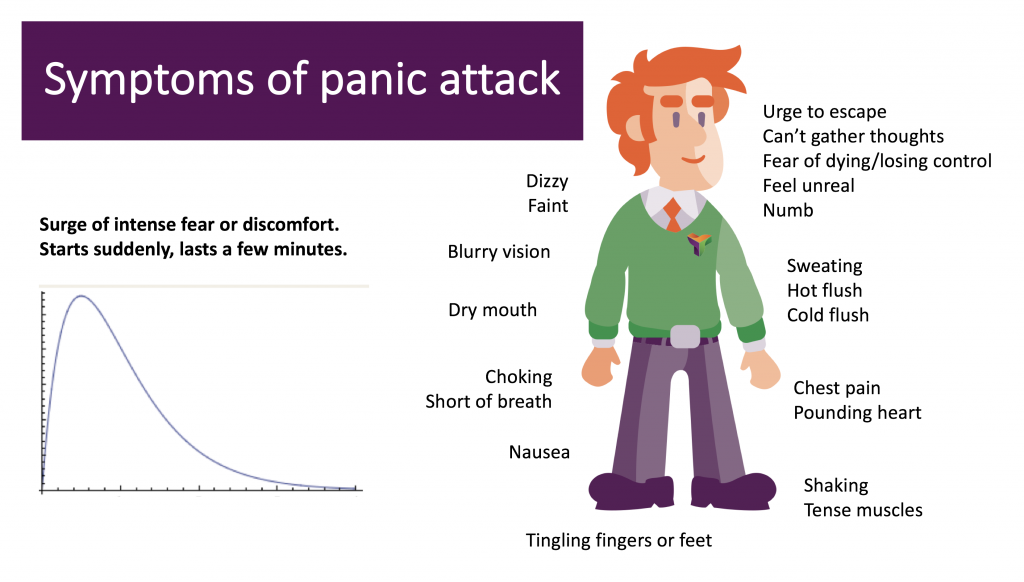 I will calm down and everything will pass.
I will calm down and everything will pass.
For fear that the symptoms of anxiety will be noticed by others
Fear of shame in people is filled with different content. For example, someone is afraid that the trembling of his hands will be noticed, someone - how his head twitches, someone - that his stomach is seething and he often goes to the toilet, someone - that he cannot say anything when communicating , someone - that is covered with red spots and so on. These topics are very different, so it is not possible to write one general text that fits all, but you can stick to the basic structure.
This method can help calm down a panic attack. You will feel safe thanks to a sense of control over the situation. Remember: you are stronger than your fear!
Learn more about the symptoms and treatment of panic attacks.
Learn about other techniques that can help you deal with a panic attack on your own.
"X-Clinic" article - Symptoms of panic attacks and how to deal with them
February 14, 2020
Anxiety disorders are not uncommon for residents of megacities.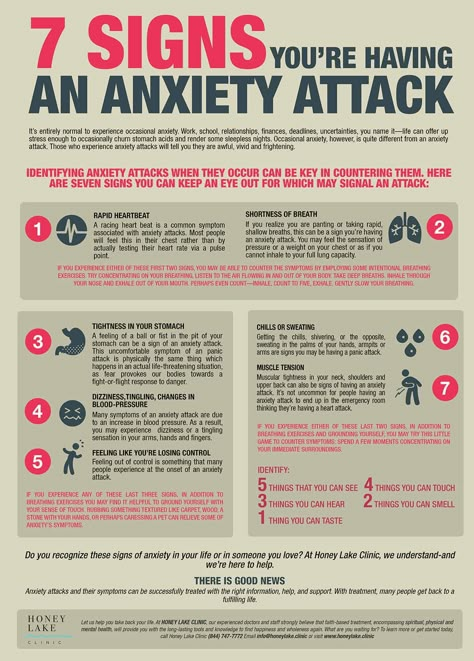 The editors of WMJ.ru talked to a psychotherapist and learned everything about panic attacks firsthand. Details - in our material!
The editors of WMJ.ru talked to a psychotherapist and learned everything about panic attacks firsthand. Details - in our material!
What is a panic attack
A panic attack is an attack of sudden fear and intense anxiety for no apparent reason. The origins of panic disorder are not entirely clear. However, it is believed that the disease has a genetic predisposition and more often affects the fair sex. Women are more prone to panic attacks and suffer from this disorder 2-3 times more often than men.
Panic attacks cannot lead to death, despite the fact that this is the sensation that most often accompanies them. The more frequent attacks occur, the worse the quality of life becomes. People who have repeatedly experienced panic attacks become increasingly anxious and subconsciously try to avoid places or situations where and when they succumbed to fear. Those who have ever experienced an attack at night, subsequently face sleep disorders.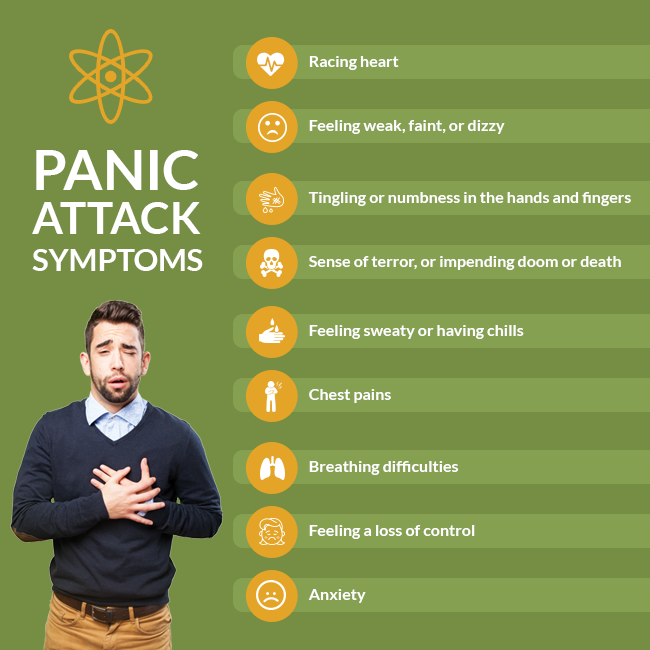
What are the symptoms of a panic attack
A panic attack is a case of an attack of fear with a sense of imminent death or anxiety, accompanied by certain symptoms. Most often, these include: rapid heartbeat and pulse, sweating, chills or a feeling of heat, tremors, shortness of breath and suffocation, dizziness, fainting, fear of death, and others. If 4 of the symptoms listed above are present, we can talk about an attack of a panic attack.
What to do in case of a panic attack
The most important thing to do during a panic attack is to shift your attention. Any method is fine for distraction. If the attack caught you in a public place, then you can clench and unclench your fists, rub your earlobes or step from foot to foot. If the panic caught you by surprise at home, try turning on the music, start doing household chores: washing dishes, dusting. Any activity that involves muscle work and requires attention will do.
Since a panic attack is accompanied by a rapid heartbeat and a feeling of stuffiness, it will not be superfluous to take a couple of sips of water and concentrate on breathing.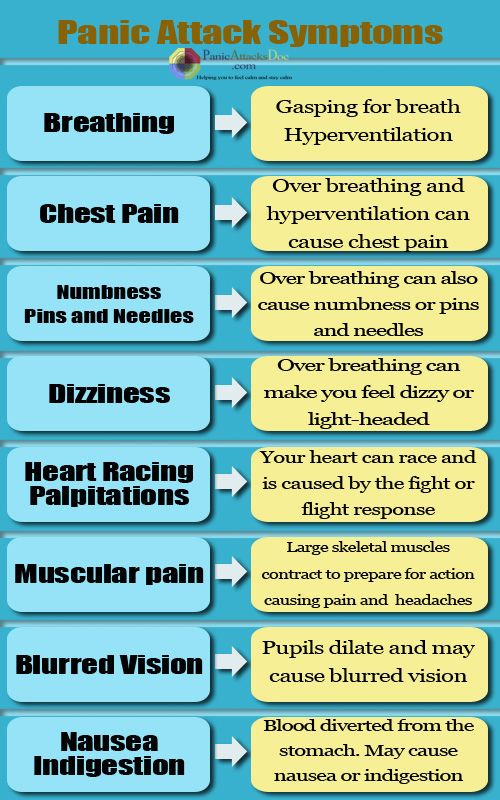 It is best to learn a few techniques that will quickly relieve tension. In case of an attack, start with an exhalation - slow it down, and the pulse will also slow down. The ratio of the length of inhalation and exhalation should be 1:2. You can experiment and choose the technique that will help you. A smartphone can also help to distract from panic. Games, social networks - all this will switch attention and distract from a panic attack.
It is best to learn a few techniques that will quickly relieve tension. In case of an attack, start with an exhalation - slow it down, and the pulse will also slow down. The ratio of the length of inhalation and exhalation should be 1:2. You can experiment and choose the technique that will help you. A smartphone can also help to distract from panic. Games, social networks - all this will switch attention and distract from a panic attack.
How normal anxiety differs from a panic attack
The mechanism that triggers a panic attack is no different from what causes ordinary anxiety - both are psychophysical reactions to danger. The difference is that a panic attack is a reaction to danger in the absence of danger. Nevertheless, a false alarm triggers the same cascade of reactions as a normal alarm - the sympathetic system is activated, adrenaline is released.
A panic attack can occur against the background of excessive physical exertion, overwork and exhaustion, as well as against the background of the abuse of stimulants and alcohol.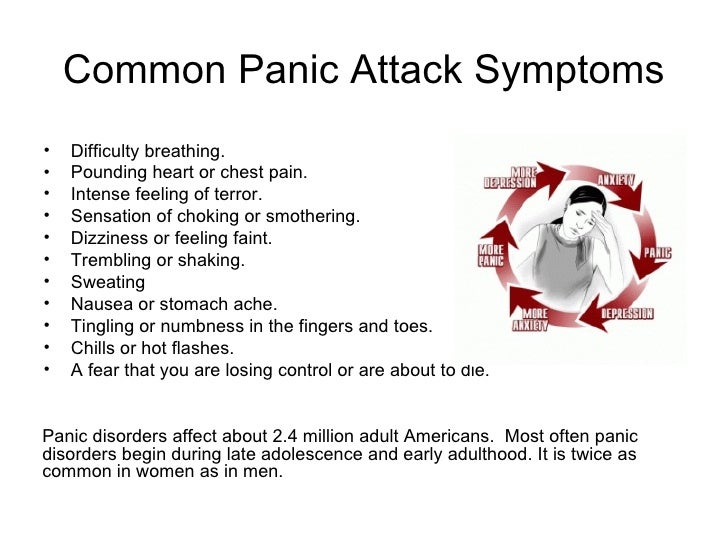 In addition, stress and unresolved conflict situations can provoke an attack. Lack of understanding of one's own experiences and feelings, a tendency to avoid negative emotions and ignore them also increase vulnerability to panic disorder.
In addition, stress and unresolved conflict situations can provoke an attack. Lack of understanding of one's own experiences and feelings, a tendency to avoid negative emotions and ignore them also increase vulnerability to panic disorder.
How to prevent a panic attack from turning into a panic disorder
Panic disorder is characterized by a number of symptoms, one of which is a panic attack. In order to make a diagnosis of "panic disorder", it is necessary that panic episodes manifest themselves constantly for a month and are not associated with threats, dangers and previous diseases. In addition, attacks should be accompanied by the following symptoms: anxiety about the repetition of attacks, loss of self-control, a sharp change in behavior.
How to treat panic attacks and when to see a specialist
Seeing a specialist for recurring panic attacks is a must. Therapy is selected individually and, as a rule, includes psychotherapeutic work and drug therapy. Psychotherapy implies a variety of techniques aimed at understanding and understanding the causes of problems, learning how to deal with the symptoms of the disease, methods of relaxation. Psychotherapy can take place in the form of individual meetings with a psychotherapist or in the form of group sessions with other patients. Drug therapy for panic disorder is carried out with various drugs that help reduce anxiety and fear. Appointment, correction of dosages and cancellation of treatment must be carried out under the supervision of a physician.
Psychotherapy implies a variety of techniques aimed at understanding and understanding the causes of problems, learning how to deal with the symptoms of the disease, methods of relaxation. Psychotherapy can take place in the form of individual meetings with a psychotherapist or in the form of group sessions with other patients. Drug therapy for panic disorder is carried out with various drugs that help reduce anxiety and fear. Appointment, correction of dosages and cancellation of treatment must be carried out under the supervision of a physician.
Modern neurotechnologies can also help in the treatment of panic attacks. Neurofeedback training methods have been developed for patients with panic disorder. During trainings, patients learn to manage their emotional state, they form new neural connections, and the level of anxiety decreases. In addition to professional help, lifestyle plays an important role in the treatment and prevention of panic attacks. Try not to abuse alcohol and caffeine, rest more, go in for sports, yoga is better.





